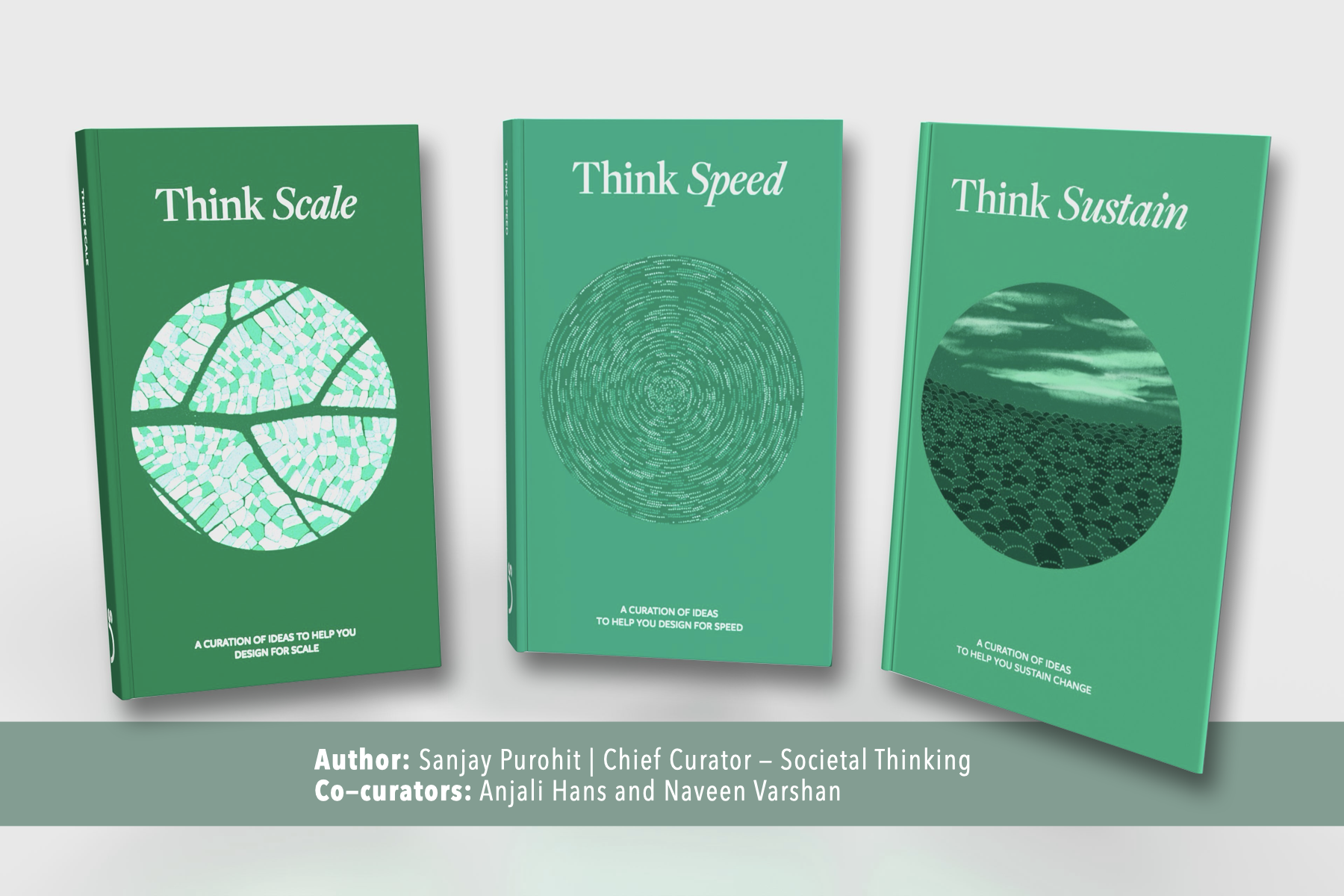“The future is going to be collaboration and ecosystem creation.” – Nandan Nilekani
“The same mindset that created problems cannot solve them”, Albert Einstein wisely stated. In the context of disability inclusion, the initial step involves shifting the prevailing mindset by bringing attention to the presence, needs, and capabilities of persons with disabilities (PwDs). This process of highlighting the unique experiences and strengths of PwDs is essential to cultivating a fresh mindset—one that embraces diversity and actively works towards a more inclusive society.
Recently, Shanti Raghavan, Founder of EnAble India, and I spoke about reimagining a disability-friendly world where PwDs are active participants in creating inclusive solutions and job opportunities. Now, this reimagination is coming to life with the effort of four organizations coming together. EnAble India, Namma Yatri, ONEST, and FIDE have joined hands to ‘paint the economy purple,’ aiming to redefine how products and services for PwDs can be unlocked.
In a recent LinkedIn Live session, EnAble India’s Shanti Raghavan, Sujith Nair from FIDE, Vimal Kumar from JusPay, Gaurav Gupta from ONEST, and Societal Thinking’s Priya Ajmera delved into the ways social entrepreneurs are reshaping the world of mobility for PwDs. Having attended this session, I walked away in amazement at the scale of opportunities being discussed, and this is my attempt to break down my understanding of these transformative initiatives.
Driving Inclusivity, One Ride at a Time
Namma Yatri is a Direct-to-driver auto-ride booking app for residents of Bangalore and Mysore. It sets itself apart from competitors with a unique offering: no commission charges, no cancellation fees, and no surcharges during peak travel hours.
The inception of Namma Yatri, the Bangalore Chapter of the Yatri app piloted in Kochi by JusPay and Sujith Nair, was driven by a member of the community for the community – T.M. Rudramurthy, the General Secretary of Auto Rickshaw Drivers’ Union of Bengaluru. Since its launch in November 2022, it has generated earnings of 1,890 million rupees (USD 22.684 million) for its drivers. Its success goes beyond financial gains. Namma Yatri is empowering auto drivers who often struggle to earn a decent living due to ride-hailing companies taking a significant portion of their earnings or in daily haggling with passengers. Vimal Kumar highlights Namma Yatri’s commitment to empathy and customer-centricity.
In my conversation with Shanti, she spoke about “competency for includability” — the ability to look beyond differences, normalize diversity, and engage based on shared commonalities. She believes moving from a mindset of sympathy to empathy is the first step towards the journey to inclusion. Namma Yatri’s commitment to empathy and customer-centricity, coupled with Enable India‘s vision for inclusive mobility, culminated in the initiative of ‘Purple Rides on Namma Yatri.
When a rider books an auto-ride using Namma Yatri, the below pop-up flashes on the screen. This feature enables riders to inform the app about their disabilities, which then notifies the driver about any specific requirements the rider may have. For instance, for riders with hearing impairments, the app informs the driver about their unique requirements and disables phone calls, ensuring that drivers use a text-based chat for communication. Likewise, for riders with visual impairments, the app provides an interface compatible with screen readers and talkback features. Drivers also receive short educational videos to aid in assisting these riders effectively and as a way to enable competency for inclusion.
This feature enables riders to inform the app about their disabilities, which then notifies the driver about any specific requirements the rider may have. For instance, for riders with hearing impairments, the app informs the driver about their unique requirements and disables phone calls, ensuring that drivers use a text-based chat for communication. Likewise, for riders with visual impairments, the app provides an interface compatible with screen readers and talkback features. Drivers also receive short educational videos to aid in assisting these riders effectively and as a way to enable competency for inclusion.
By notifying drivers about specific rider needs, this feature ensures a safer and more efficient mobility experience for PwDs and enhances overall accessibility. Additionally, it gathers valuable data on the demand for these “purple rides,” not only benefiting Namma Yatri but also inspiring other innovators to devise improved mobility solutions tailored to the needs of PwDs.
Breaking Down Barriers
While Namma Yatri is pioneering disability-friendly mobility services, are there other areas where more such initiatives can be created? This is where Beckn comes in behind-the-scenes, to drive more accessible initiatives across the current economy and visibility to the purple economy.
The current model of digital transactions typically operates within closed platforms, following a structured life cycle known as DOFP (Discovery, Order, Fulfillment, Post-Fulfillment). Beckn, however, transforms this traditional model by standardizing DOFP into open specifications through its protocol. This liberation takes away the need for providers and consumers to share the same platform for transactions. The incorporation of low entry barriers fosters a rapidly growing open network, significantly amplifying opportunities for innovation. Beckn also broadens the visibility of disability-friendly products by creating a network that transcends individual platforms.
Opening Up Opportunities
Another initiative that is trying to make this purple economy come alive is ONEST – Open Network for Education and Skilling Transactions. ONEST is an open and decentralized network revolutionizing education, skilling, and employment in India. It fosters collaboration of diverse stakeholders, including individuals and organizations, breaking down the siloed nature of the current educational landscape, to drive the shift in shaping a holistic education ecosystem for enhanced employability and sustainable livelihoods. The open network’s goal is to connect opportunity providers, including courses, training, scholarships, products, services, and financial support, with those in need.
By breaking down barriers to access, ONEST is in a unique position to address the challenge of discovering opportunities in a fragmented landscape, which can be particularly challenging for PwDs. Through their endeavour for equitable education and skilling opportunities, ONEST can offer support to PwDs in their pursuit of personal and professional growth.
As I witness the collaborative endeavours of social entrepreneurs and recognise the impact of increased visibility for PwDs, it becomes evident that we are at a historic juncture, signifying the shift into a future filled with endless possibilities and unlimited accessibility.
Imagine the new jobs that will be created, jobs we couldn’t have fathomed before – accessibility testers, adaptive technology designers, and inclusivity consultants. Think of products that no longer need to be DIY-ed to make life easier for PwDs, like smart mobility solutions or adaptive home technologies. This journey towards reshaping inclusivity is just beginning, and the road ahead is positively filled with uncharted territory.
 Back
Back


